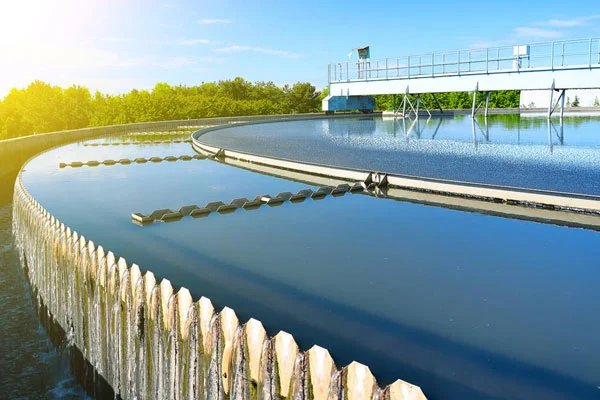Water is the lifeblood of our planet, a finite resource crucial to the survival and well-being of all living organisms. This article will explore strategies for sustainable freshwater management, addressing the global water crisis, and ensuring equitable access to this vital resource.
The Growing Demand for Freshwater
As the world’s population continues to increase, water demand escalates, putting immense pressure on our finite freshwater resources. Rapid urbanization and industrial growth also contribute to the growing demand for water. We must adopt responsible water usage practices and adapt to the changing landscape to ensure a sustainable future.
Climate Change and Freshwater Availability
Climate change has intensified the frequency and severity of extreme water events such as droughts, floods, and unpredictable rainfall patterns. These events have widespread impacts on agriculture, ecosystems, and human health. We can mitigate these risks by implementing climate-resilient water management strategies and building a more sustainable future.
Strategies for Sustainable Freshwater Management
To address the challenges of sustainable freshwater management, we must adopt innovative approaches, invest in infrastructure, and promote responsible water usage.
Equitable Allocation of Water Resources
Ensuring all communities have access to clean and safe drinking water is critical for public health and social equity. Governments and organizations must prioritize investment in water infrastructure and distribution systems to guarantee that even the most vulnerable populations can access this essential resource.
Watershed Protection and Restoration
Protecting and restoring watersheds can help maintain water quality, regulate water flow, and support ecosystem health. By implementing land-use planning and management strategies that prioritize watershed protection, we can safeguard our freshwater resources for future generations.
Efficient Agricultural Practices
Agriculture is the largest consumer of freshwater, making it essential to adopt efficient irrigation techniques and sustainable farming practices. Optimizing water use in agriculture can increase crop production, reduce land and water degradation, and prevent ecosystem damage.
Investment in Water Infrastructure
Investing in water infrastructure, such as treatment plants and distribution networks, can ensure water resources are managed effectively and sustainably. Improved infrastructure can help reduce water loss, increase efficiency, and provide safe drinking water to underserved populations.
Promotion of Water Conservation
Raising awareness about the importance of water conservation and encouraging responsible water usage can significantly reduce water waste. Educational campaigns, incentives, and regulations can promote a culture of water conservation, ensuring the long-term sustainability of our freshwater resources.
Climate-Resilient Water Supply and Sanitation
Developing climate-resilient water supply and sanitation systems can save lives and protect vulnerable populations from the impacts of extreme weather events. We can safeguard our water resources and build a more sustainable future by incorporating climate resilience into water management strategies.
Conclusion
Sustainable freshwater management is a complex challenge that requires the combined efforts of governments, organizations, and individuals. By adopting innovative strategies, investing in infrastructure, and promoting responsible water usage, we can ensure the long-term sustainability of our freshwater resources and build a more equitable, resilient world.
